The family’s role in addiction recovery is multifaceted. Family roles in substance abuse recovery can include better communication with their loved ones, support during inpatient treatment, or attending family therapy together. The type of support given will look different for every individual and every family unit.
Peninsula Health Center is a trusted Palos Verdes drug rehab that can help loved ones overcome addiction. Contact us today to learn more about how our Rolling Hills treatment center can help.
Increase Positive Activities
For some, the role of family members in addiction can be to increase positive activities with family members. This will look different for everyone, depending on their relationship.
- A spouse can offer support to their partner by performing one caring or kind act every day.
- Parents, children, and couples can participate in activities as a family and make it a point not to discuss conflict while engaging in that activity.
- Families can designate a caring day where they perform a special act of kindness to show that they care about the person who is struggling with substance abuse disorders.
Improve Communication
Improving communication is an integral family role in recovery process situations because family members May incorrectly and unknowingly use words that imply fault or moral failing, and simple things like family therapy, educational classes, or online research can provide viable, positive substitutions that make communication less hurtful.
Of course, communication skills can be applied to all members of the family. And there are many facets of communication that can be applied to the roles of family members in addiction.
Listening Skills
Family members can improve their listening skills. This type of skill can be acquired during family therapy, where parents, children, spouses, siblings, or other family members learn how to summarize the feelings of the person speaking and to check with the speaker to make sure they really understood the intended message. These are things that can be practiced in a session and at home. This type of listening skill can make someone struggling with substance abuse feel like they’re finally being heard and that they have support in a world that can be very lonely.
Expressing Emotions
Other communication skills that can contribute positively to the family’s role in addiction recovery include expressing feelings. Family members should be encouraged to express positive and negative feelings rather than avoiding their feelings or placing blame. Using “I” statements, all family members can learn to better express how they feel, how addiction may have affected them, how they feel about their loved one getting help, and so forth.
Conflict Resolution
Conflict resolution is a very important communication skill that can make family roles in addiction a lot easier. Conflict resolution can help family members solve problems and make requests for changes that are mutual and aren’t coercive.
Relapse Prevention
Another key family role in addiction recovery is helping with relapse prevention. Just as addiction affects the whole family, so does recovery. Family roles in substance abuse can make a significant difference in preventing relapse after an individual has received care from a treatment facility.
Continuing Recovery
Family members can work together to create a continuing plan of recovery. This plan could list activities that family members want to engage in, behaviors that they want to integrate into daily life, and other actions that should be an important part of recovery after treatment ends.
Stressful Situations
There will always be potentially stressful situations, and people who have struggled with a substance abuse disorder will find times when they are at risk for relapse. Family members can discuss and practice coping strategies. This can include identifying situations where someone might be at high risk and recognizing early warning signs of a potential relapse. By practicing the strategies to cope with stress and avoid a relapse, family members can be better prepared to support their loved ones when that moment arises.
It can be useful for family members to understand what the plan of action will be in the event that a loved one is close to relapse. This plan of action could designate family roles in substance abuse Prevention and how individuals within the family unit are to communicate with one another. This could include actions like:
- Calling a sponsor
- Calling a counselor
- Attending a support group
- Going to the hospital
The family’s role in addiction recovery is invaluable. By having family members participate in things like family therapy and relapse prevention planning, individuals are more likely to succeed in their recovery and less likely to struggle with a relapse. Family roles in addiction recovery will look different based on the family unit and the relationships therein. Many families can benefit from family therapy at a designated treatment center to better understand what this looks like for them.
Reach out to Peninsula Health Center to learn more about our trusted drug and alcohol rehab center.






